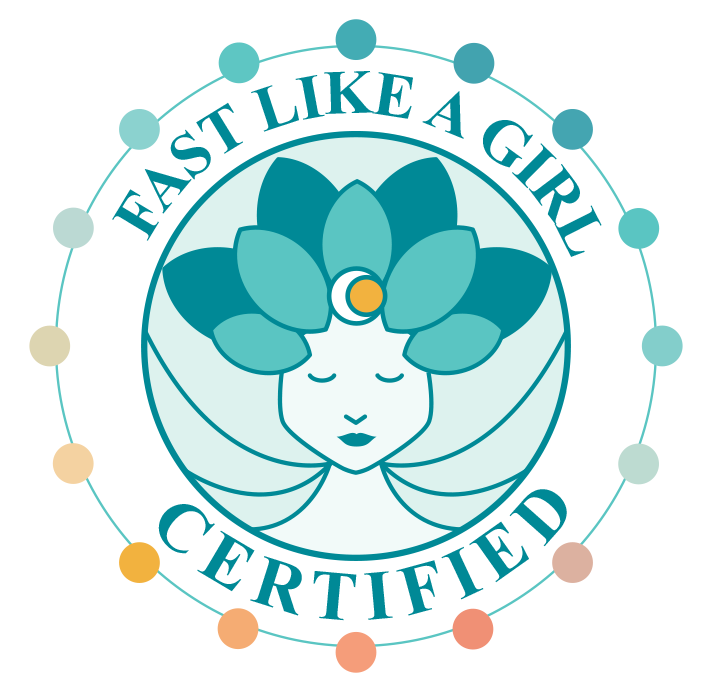Mainstream medicine has lost vital perspectives.
It has collapsed its viewpoint to only that which is physical and can be observed and measured. The only accepted reality is the physical, and every other phenomenon attempts to be explained as being derived from the physical.
Consciousness is explained as something coming from the neurological processing of the brain. The physical process of the brain became so complex, that it created consciousness. Ta-da!!
Mood disorders are seen as alterations of neurotransmitters in the brain. People can be emotionally imbalanced because of gene expressions in parts of the brain, and a relative deficiency of a certain neurotransmitter.
And spiritual experiences, well, they are left to the priests and shamans and religious institutions. They have nothing to do with health.
Lost perspectives
Mainstream medicine eliminated the perspectives of “I” and “we” and is left only with “it.”
A healthy perspective includes all these: I, we, and it. It includes the physical body plus mind and spirit.
By using a full range of resources from these perspectives, forming a comprehensive perspective, we are allowed more efficiency and a greater success in treating the patient, because the patient is the whole spectrum.
Mainstream medicine has lost the aspects of culture and the inner self. Naturopathic medicine has always held these three perspectives, and utilizes understanding of illness and treatments that impact all three levels.
Whether you embrace Naturopathic medicine or not, including what had been denied in mainstream medicine will result in better outcomes. Whether you are sure that the mainstream medical system has all the answers, or believe you are the most wholisitc person around, the perspective of the three will further shed light on how we think about illness and how to treat it.
Informed by the work of Ken Wilber and Integral Theory, we can see what collapsed and go forward to reclaiming a rounder perspective of reality in our approach to medicine.
I, We & It
Three perspectives are obvious in our speech. In English, as well as in all languages I am familiar with, there is a first person, which is “I,” and a second person, which is “you”, and a third person which is “it.”
When I am speaking about me, I use the pronoun “I.” I can also refer to “me” and things as “mine.” This is all first person singular.
The second person singular is the person who is spoken to, in other words “you.” I may refer to you as a person directly, or things pertaining to you, which are “yours.”
The third person is the thing or person being spoken about, such as “it” or “he” or “she.”
Each of these persons has a plural version, meaning that the speech is referring to more than one at a time. When I and you are put together, it becomes plural and is referred to as “we.”
For example, when we are talking and we are on the same page, we may say the “we understand each other.” So the first person plural becomes “we.” Also, your second person becomes “we” when we are communicating. Therefore, to simplify things, we can collapse the second person both singular and plural into the first person plural and just say “we.”
Like we collapsed the first person plural and second persons, the third person “it” can be simplified as well. We can generalize both singular “it” and plural “its” in order to simplify things. We can leave it generally as “it.”
That leaves us with a trinity, a set of three: “I,” “We,” and “It.”
This triune perspective carries through many aspects of our world. By considering things as having three aspects we are being inclusive.
Health
In the context of health:
- the “It” perspective is the body,
- the “We” perspective is the mind,
- and the “I” perspective is the spirit.
When taking a medical history, I ask your body symptoms, which is the “it” perspective. Then I ask about family and social situations and family history. That is the “we” perspective. Finally, I ask what was going on in your life when this first started, and how do you feel about it now, and that is the “I” perspective.
The “It” perspective is objective reality which is investigated by science, sometimes called ”truth.” It is nature in its purity. Science says it wants to understand nature, the nature of how things work and how we work.
The “we” perspective is ways that you and I relate, how we treat each other, whether there is respect, honesty, and decency. That is called morality or goodness. Socially, it is developed as culture.
The “I” perspective is self-expression, though art in its many forms and appreciation of aesthetics, which is known as beauty. It is individual, it is the self. Beauty is truly subjective, or in the “I” or eye of the beholder.
Fitting “I” and “We” into “It”
From the triune perspective, the “we” and “I” perspectives have their own domain and to expect them to fit into the “it” perspective is a contradiction in terms. In addition, “we” does not fit into the “I” perspective.
“We” – morality and culture cannot be purely subjective, purely from the “I” perspective! “We” cannot be only ourselves because by definition it I how you and I relate. To reduce culture to an “I” perspective by making it subjective denies its influence on us.
In addition, morality cannot be purely dealt from an “I” perspective from the triune perspective. It is a contradiction in terms. But that is some of what has been going on in this world, and we don’t even realize that is what is going on.
To make morality purely subjective, or pertaining to the “I” perspective only, we elevate the individual above the group. By rejecting a universal truth in “it’ and commonality “we” experience together, creates nihilism.
Nihilism is defined as the rejection of all outside, or mutually-agreed upon moral principles, often with the belief that there is no meaning to life. That bankrupts life and creates misery. Imagine what it does to health!
In the same way, to make truth purely subjective, only pertaining to the “I” perspective results in narcissism.
Self-centeredness and self-absorption then come from a failure to distinguish the self from external objects. This is narcissism. A grandiose view of myself and my talents, and a self-obsession is the result. The “other” is excluded as well, by failing to be distinguished and is included in the grand “I.” This is not a healthy state!
For our health, we need to engage all these perspectives. Naturopathic medicine at its best does this.
Beware! Natural medicine can attempt be reduced to the “it” perspective, looking at the purely physical effects of natural therapeutics.
This is prevalent today and is known in Naturopathic circles a “green allopathy.” That means, using natural medicines in an allopathic, or “anti-” way. Using herbs to reduce inflammation without getting to the cause of the inflammation is an example.
True Naturopathic medicine always includes the other perspectives, it works with the spirit and mind as well as the body.





